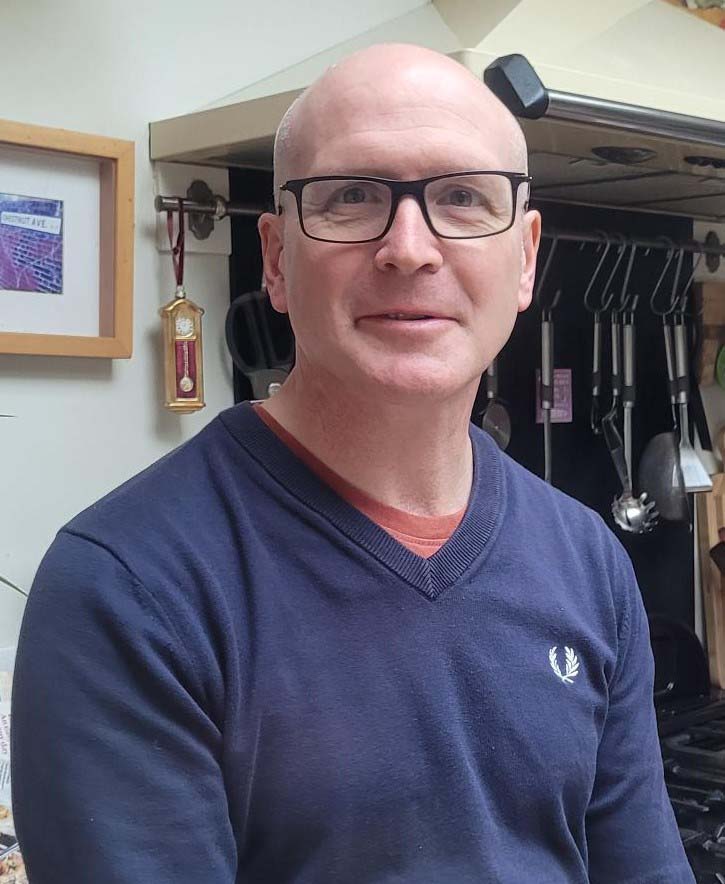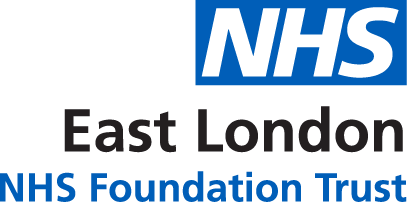Putting Allied Health Professionals on the Map

Graham Copnell is our new Professional Development Lead for Allied Health Professionals[1] across ELFT. Graham’s work has been having an impact on the retention of staff and in attracting to new staff to come and work in ELFT. Which is good news for local people as it means if you need specialist help, a skilled and enthusiastic professional will be at your service. Trusttalk caught up with Graham to find out what is the secret to his success!
What professional groups are you responsible for?
My portfolio includes all our Allied Health Professional roles, a diverse group of professions all committed to supporting integrated care.
What attracted you to this field of work here at ELFT?
I previously worked at the University of East London in a variety of roles, as a tutor, in admissions, as the programme head for physiotherapy (I’m a physiotherapist by background.) and joined the Trust in February this year.
I’ve always been interested in roles that have different priorities to balance. It keeps me on my toes! The other attraction is that ELFT is a very friendly organisation. People care about doing a good job and are keen to progress and improve things. So I knew I would be joining a team of people who want to make a difference.
What does ELFT offer AHPs?
I think we offer a very positive experience with a lot of scope and variety. New recruits get a sense that they can make a significant contribution to patient care. Staff on Band 5 and 6 are often in a process of moving on to build up their experience but ELFT can provide this in a range of settings without them having to go elsewhere.
Different specialities have different priorities and focus so there is something for everyone wherever your interests and passions lie. We ‘work’ with people rather than ‘tell’ them what to do. The culture here is to provide individualised input to each person – one size won’t fit all!
What are the drawbacks about working here?
I think AHPs face the same difficulties here as in any NHS trust in the country. It can be very pressured work with waiting times longer than any of us would like.
So recruitment is difficult. Part of my role is to listen and help AHP leads to think about ways to create appealing choices for staff. You need to have the headspace to think differently. We have realised that you can’t keep advertising the same role. You need to change the job to be more attractive and fulfilling.
Why should AHPs come and work here?
In a nutshell, it’s friendly, you get to spend time in a clinical team working with very motivated people, and you learn so much from the people we provide treatment to as well as colleagues.
If you weren’t in this role and a trained physiotherapist, what would your alternative career have been?
A climbing instructor!
Who would you most like to be stuck in a lift with?
Stan Lee. He created the Marvel comics and Spiderman.
[1] AHPs in ELFT NHS are: Art Therapists, Dance Movement Psychotherapists, Dramatherapists, Music Therapists, Dietitians, Occupational Therapists, Paramedics, Physiotherapists, Podiatrists, Speech & Language Therapists
